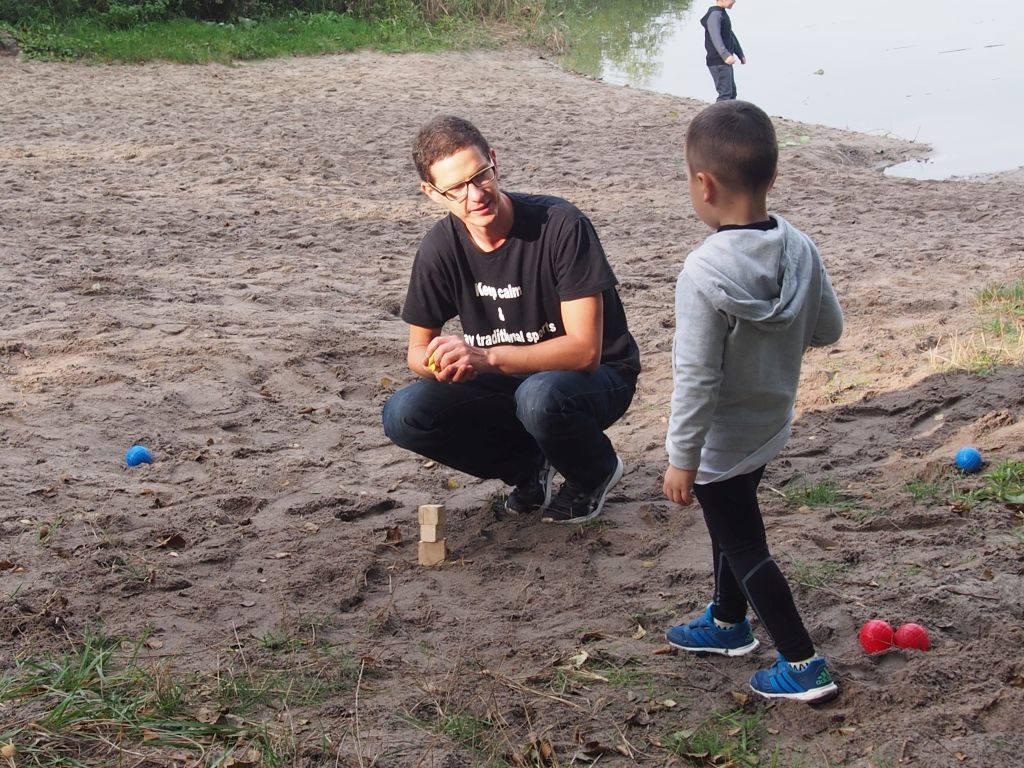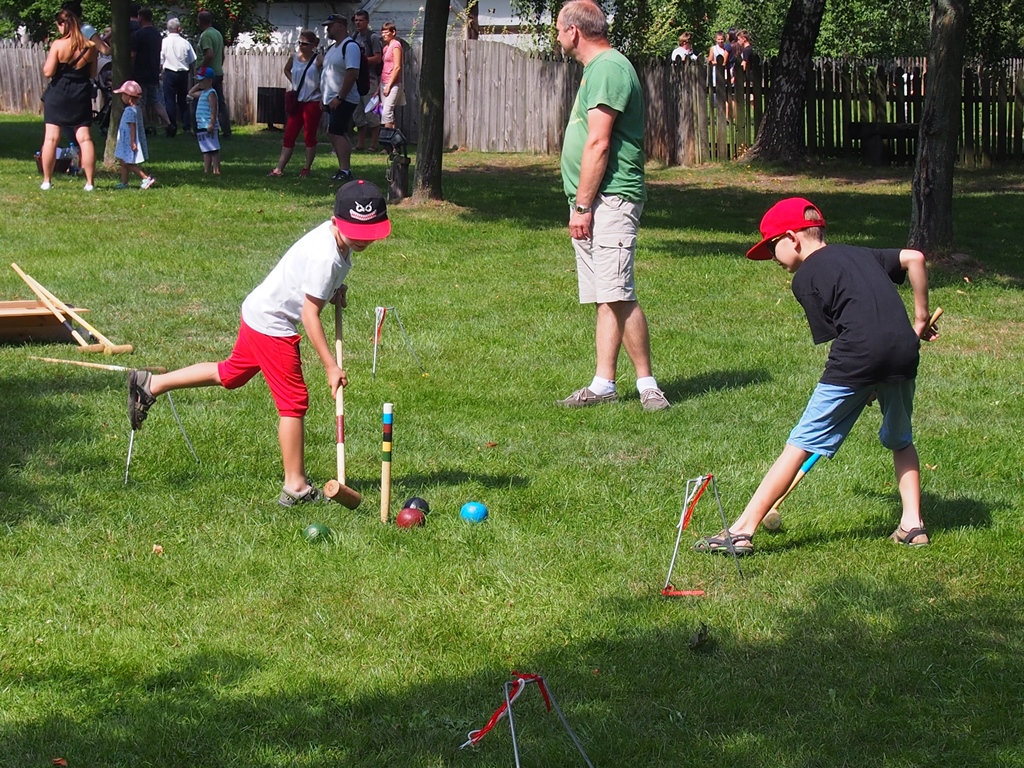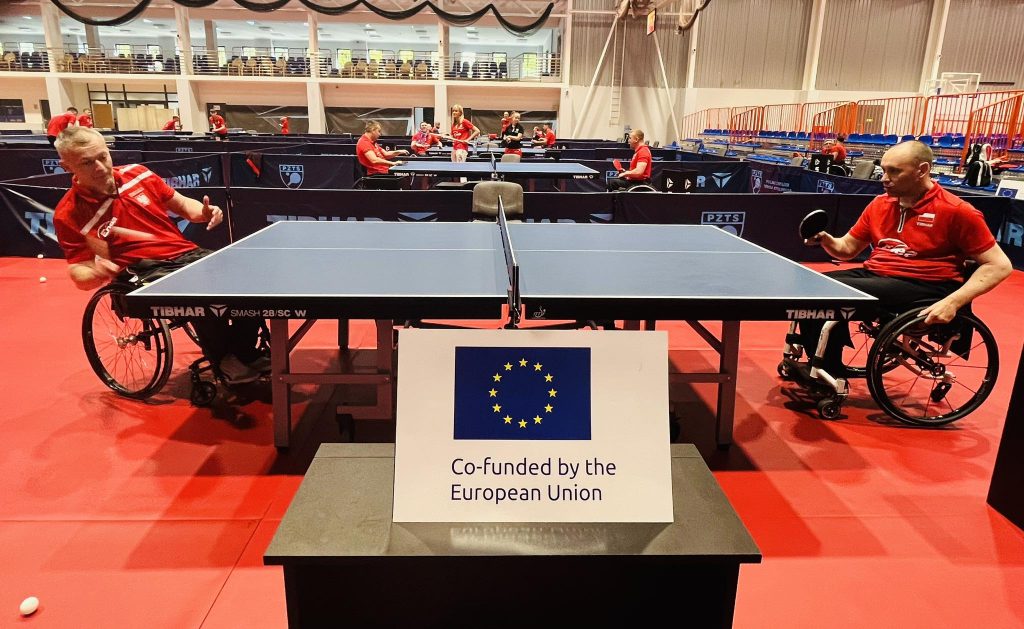
The European Commission appreciates traditional sports
Today a slightly different post, but still directly related to traditional sports.
Traditional sports and games (TSG) are so important, valuable and practical that such significant institutions as UNESCO, European Parliament and European Comission have been interested in them for years.
European Commission has recently organized a special online meeting with experts, specialists, practitioners and enthusiasts of traditional sports and games from many European countries.
I had also the pleasure to participate in this meeting.
Introduction
In the introductory speeches, representatives of the European Commission have several times underlied that traditional sports and games (TSG) are a unique field – one of the key elements in shaping the European cultural identity.
However, these sports are endangered with extinction, as are many species of animals and plants to which TSG are sometimes compared.
According to experts from the European Commission, UNESCO, and above all from the organizations, specializing in traditional sports, such as the European Traditional Sports and Games Association (ETSGA) – it is necessary to change it – to protect, promote and develop traditional sports, because:
- they are an important tool for activating local communities – cultural heritage, related to TSG, corresponds and appeals to the inhabitants of both towns and villages,
- they strengthen the so-called social inclusion – integration of various social and ethnic groups into society (e.g. emigrants). TSG constitute a cultural bridge between local communities,
- they promote cultural diversity and are a vector of Europe’s cultural heritage.
European Commission already supports traditional sports
The representative of the European Commissioner for Innovation, Research, Culture, Education and Youth, Guglielmo di Cola, emphasized that traditional sports are a natural part of cultural heritage.
They have already made a significant contribution to the development of the main objectives of the European Commission, which has already supported 27 projects, related to their promotion and development.
Agata Dziarnowska – until recently working at the Sports Department of the Directorate General for Culture and Education of the European Commission – noted that traditional sports have shown us how to connect the requirements of life in the 21st century with the universal values of human cultural heritage.
European Traditional Sports and Games Association (ETSGA)
President of the European Traditional Sports and Games Association (ETSGA), Professor of the National Institute of Physical Education in Catalonia, Pere Lavega emphasized that traditional sports are a great tool for sharing and integration between children!
Represented by him and by many other participants of the meeting, ETSGA is a large organization, bringing together many different types of institutions, such as:
- strong federations of traditional sports from different countries,
- smaller local associations,
- institutions, organizing large festivals of traditional games and cultures,
- many other organizations, associations, federations and institutions.
ETSGA is a network of networks – a network of various organizations, connected by one main activity – protection, promotion and development of traditional sports and games.
Pere Lavega also noted that TSGs are primarily the Intangible Cultural Heritage of humanity (see: UNESCO ICH).
They are directly and strongly associated with local cultures and values. They can often be found during various festivals, holidays and feasts, where they naturally coexist with local music, gastronomy, cuisine, the arts etc.
TAFISA i Geo-Ludens
The meeting was also attended by a representative of the Association for International Sport for All (TAFISA) – an institution organizing, among others, the World and European Sport for All Games – Jean-Francois Laurent.
He said that traditional sports:
- increase people’s active participation in sport and physical activity,
- have significant educational and social values. They simply integrate us well and teach us a lot.
Celia Marcen from the University of San Jorge in Zaragoza and the coordinator of the Geo-Ludens project – was also among the panelists.
She has noted that traditional sports combine physical activity with cultural values. Thanks to our joint efforts, it is possible to achieve improvement in both of these aspects – physical and cultural.
What can we do for traditional sports on a daily basis?
In response to this question, ETSGA President Pere Lavega said that traditional sports are a real challenge, both at the local as well as at the pan-European level. First, the key is to ensure:
- recognition of their exceptional importance in many countries,
- creation of a network of traditional sports’ coaches and instructors,
- introducing these sports and games to schools,
- cooperation of various associations / museums / institutions with schools.
Jean-Francois Laurent added to this that the following are important:
- cooperation with local governments and sports clubs,
- creating parks of traditional games (as in Denmark) and other
- infrastructure needed to organize competitions / classes / events, related to these games and sports,
- improving the visibility of TSG in public spaces.
Celia Marcen pointed out here that modern technology should be used to reach the younger generation with this type of sports and games.
In her opinion, we should not be afraid of it – technology will serve here only as a tool, not an end in itself.
UNESCO and traditional sports
The meeting was also attended by UNESCO representative Jonathan Lorcher-Beaudran, who said that, in his opinion, a global approach to TSG should be adopted.
He noted that, even though UNESCO does not have yet any special fund for the development of traditional sports, it supports local programs and communities through its Convention for the Safeguarding of the Intangible Cultural Heritage.
UNESCO considers the protection and promotion of TSG as both sporting practices and intangible cultural heritage of humanity a key challenge for further development of sport and societies.
You can read more about it HERE.
In the second part of this article you will find, amog others:
- reflections on how to reach decision-makers with traditional sports,
- important remarks from the speech of Prof. Małgorzata Bronikowska.


